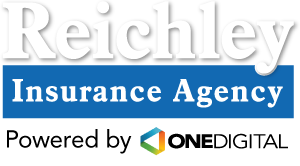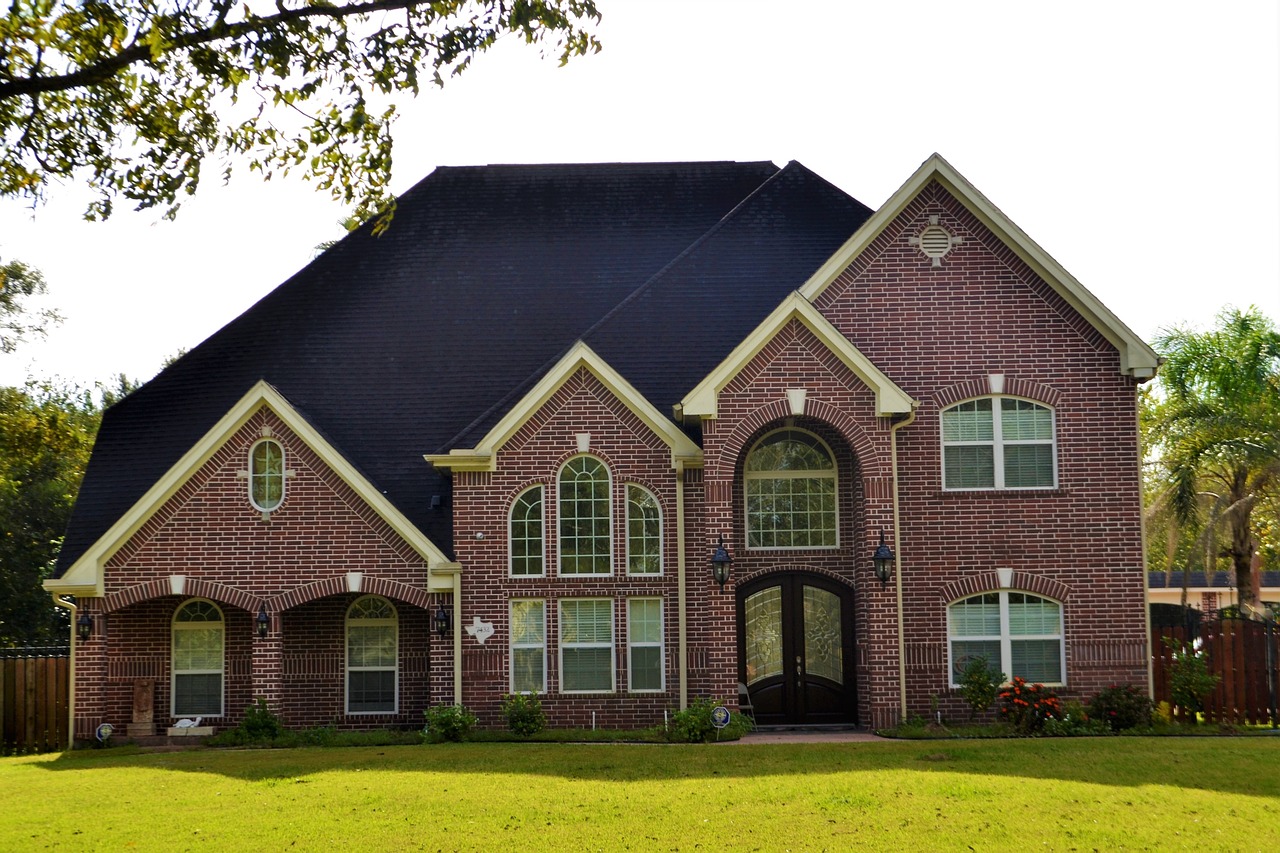Are You Being Asked To Be Your Own Agent?
We live in an ever-changing world, and your company’s insurance coverage needs to change with it. You must be able to adjust and update your insurance program regularly to keep your commercial insurance up to date. The insurance sector has produced a number of cutting-edge insurance products that your company may require.
But the issue seems to be; are business owners purchasing their own insurance without the support and advice of an agent? There are not any “standard” insurance solutions for business insurance. It will vary depending on the business you own. There is not one fits all solution to your business insurance risks. Even restaurants are unique enough that it is important to have unique insurance products that address specific needs.
Here Is How We Help And Support Our Clients
These are where we start in the development of an insurance program that addresses your specific needs.
- We get to know you first.
- What kind of risk do you have?
- Are you open to taking more risks?
- Can you avoid certain risks?
- What are the financial resources you want to protect?
- What does your supply chain look like?
- What are your exposures to loss?
- We explain the difference between risk transfer and risk avoidance.
- What is your risk appetite?
- Do you understand that insurers offer different solutions?
It is not a cookie-cutter approach that works to protect your business. It is imperative that you partner with an agent that can help you identify your risks and create a program that fits your needs. There are some general insurance solutions that many businesses might need, and we have listed these below.
Common Commercial Insurance Products
When it comes to managing your property, having an agent that understands your risks, the market, and has the skills to build a program that meets your objectives is invaluable. Each policy is unique and subject to your own terms and conditions.
- Commercial Property Insurance is recommended whether a company owns or leases its space. In the event of a fire, loss, storm, or theft, this insurance protects your equipment, signage, inventory, and more.
- Business Interruption Insurance covers the loss of income that a business suffers after a covered loss (fire, windstorm, etc.), while its facility is shut down or in the process of being rebuilt.
- Tenant’s insurance is needed if a commercial lease requires tenants to carry a certain amount of insurance. A renter’s commercial policy covers damages to improvements you make to your rental space and damages to the building caused by the negligence of your employees.
- Commercial Liability insurance is necessary for any business, even if it is run from home. If you, your workers, or your products or services cause or are alleged to have caused Bodily Injury or Property Damage to a third party, the policy covers both defense and reparations.
- Directors and Officers Insurance is needed even if you are a privately held business. Directors and officer’s liability Insurance protects your business, owners, executives, and managers if individuals, competitors, third parties, or government regulators make claims for damages.
- Commercial Auto Insurance covers The automobiles owned by a business are covered by commercial auto insurance. Vehicles that transport employees, products, or equipment can be protected. You can protect your work cars, SUVs, vans, and trucks from damage and collisions with business auto insurance. If you don’t have company vehicles, but your workers use their own cars for work, you should get non-owned auto liability insurance to protect the firm in the event that the employee doesn’t have insurance or has inadequate coverage.
- Cyber Liability is a risk that every business has. According to the Insurance Information Institute, businesses have a greater chance of having a cyber breach than they do of having a fire. Most businesses should consider cyber liability insurance, which is designed to cover the costs of investigations, notification, and credit monitoring for affected individuals, regulatory compliance, defending lawsuits, and payment of any resulting judgments or settlements.
- Faulty Workmanship is a new and unique endorsement that provides a specific limit to protect against claims arising out of faulty workmanship, materials, or products. These claims would otherwise be excluded by the “business risk” exclusions found in every standard ISO Commercial General Liability policy.
- Equipment Breakdown coverage offers extra protection for electrical, mechanical, or digital equipment used by your business, including heating, cooling, and refrigeration systems; computers and communication equipment; and more. It can pay for the cost to repair or replace the damaged equipment in the case that there is physical damage, as well as cover the cost of service interruption.
- Debris Removal Insurance covers the cost of removing debris after a fire, flood, windstorm, etc. For example, a fire burns your building to the ground. Before you can start rebuilding, the remains of the old building have to be removed. Your property insurance will cover the costs of rebuilding but not of removing the debris.
Remember, pick an agent first, allow them to educate and inform you of your risks, then together design a business insurance program that works for your business.






